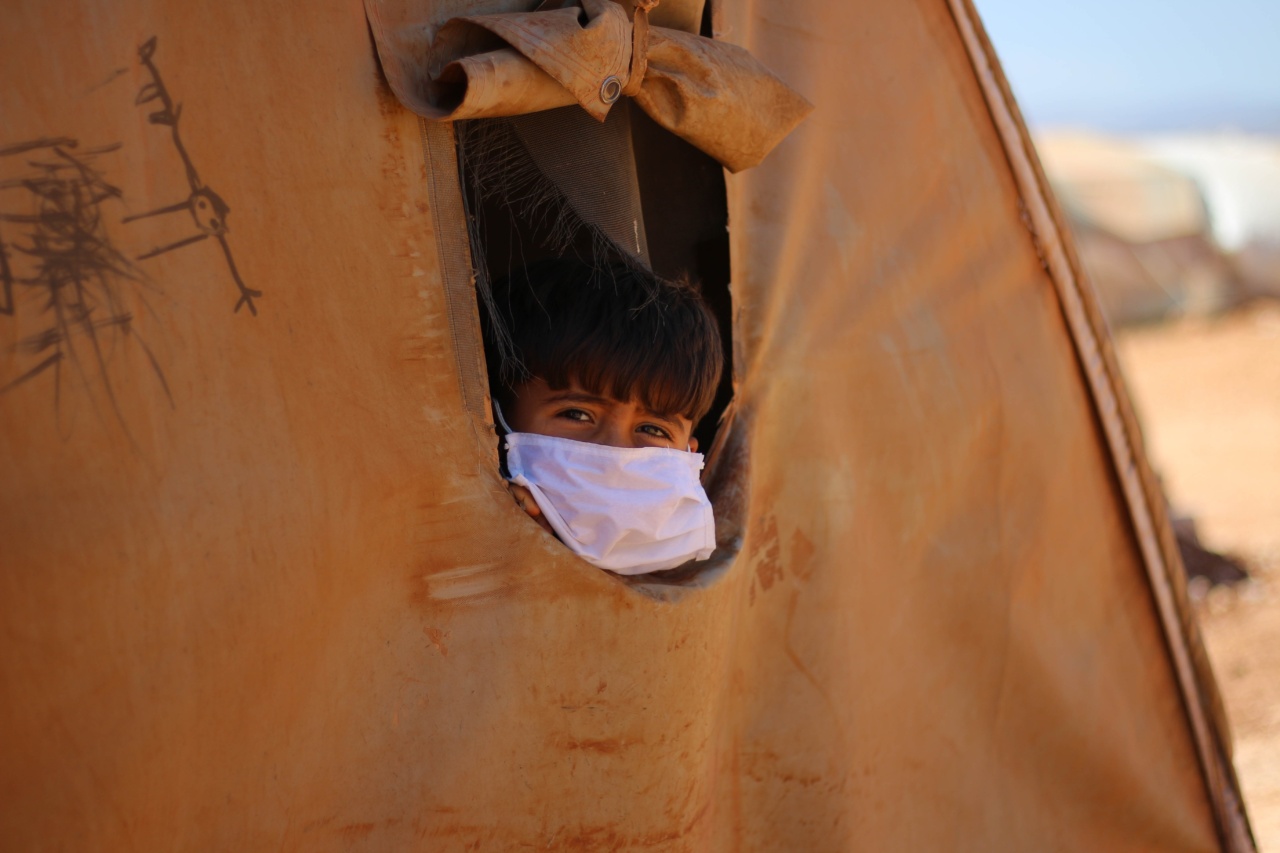Children are highly susceptible to different kinds of viruses. They often get sick, causing distress to both them and their parents. As a parent, it is important to know how to manage child viruses effectively. Here are some simple ways to do so.
1. Practice Good Hygiene
Teaching children good hygiene practices will go a long way in preventing them from contracting virus infections.
Encourage them to wash their hands with soap and water regularly, especially after visiting the bathroom, sneezing, coughing, or blowing their nose.
They should also be taught to avoid touching their faces, especially their nose, mouth, and eyes. Teach them also to cover their nose and mouth with a tissue when sneezing or coughing.
2. Ensure Proper Nutrition
A well-nourished child is better equipped to fight off infections. As a parent, ensure that your child eats a balanced diet with plenty of fruits and vegetables.
Also, ensure that they drink plenty of water to keep them hydrated and to flush out toxins from their bodies.
3. Allow for Rest
When your child is sick, encourage them to rest as much as possible. Rest allows the body to conserve energy and use it to fight off viruses more effectively. However, if the symptoms persist, it is best to seek medical attention.
4. Keep Your Child Isolated
When your child is unwell, it is best to keep them at home to avoid spreading the virus to other children.
If your child attends school or daycare, inform the institution about your child’s illness, and keep them at home until they are well enough to return.
5. Manage Fever
Fever is a common symptom of viral infections. However, if the fever is too high or persists for too long, it can be dangerous. As a parent, it is important to monitor your child’s temperature and manage the fever appropriately.
You can do this using over-the-counter fever-reducing medication or by using a cold compress on the forehead.
6. Treat Symptoms Appropriately
Children experience different symptoms when they have viral infections. Some of these symptoms include coughs, runny noses, sore throats, and headaches. As a parent, it is vital to know how to manage each of these symptoms.
For instance, you can treat a sore throat using lozenges or gargles, and manage a runny nose by using saline drops.
7. Seek Medical Attention
If your child’s symptoms persist for too long or if they seem to be getting worse, it is best to seek medical attention. This is especially important if the symptoms are accompanied by a high fever, difficulty breathing, or dehydration.
The doctor will assess the child’s condition and provide appropriate treatment.
8. Avoid Over-Reliance on Antibiotics
Most viral infections do not require antibiotics. Antibiotics only work against bacterial infections, so using them to treat a viral infection is ineffective and can even lead to antibiotic resistance.
As a parent, it is important to avoid over-relying on antibiotics and to seek alternative treatment for viral infections where necessary.
9. Maintain Good Air Quality in Your Home
Virus infections thrive in environments with poor air quality. As a parent, ensure that you maintain good air quality in your home by keeping it clean and well-ventilated.
You can also use an air purifier or humidifier to improve the quality of air in your home.
10. Teach Children to Avoid Sharing Personal Items
Viral infections can easily spread through shared personal items such as towels, cups, and utensils. Teach your children to avoid sharing such items with others, especially when they are sick.
It is also important to clean and disinfect shared items regularly to prevent the spread of infections.































